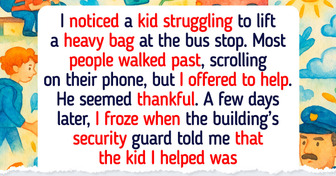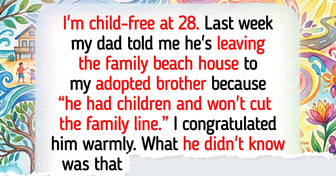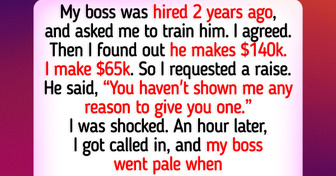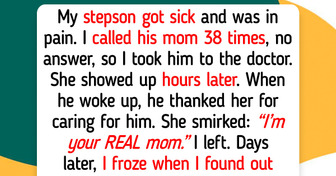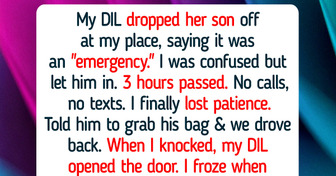16 People Who Blossomed Into Beautiful Swans After Their Teenage Years Had Passed
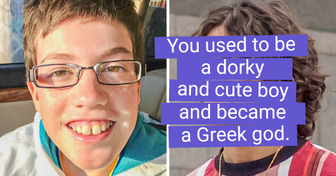
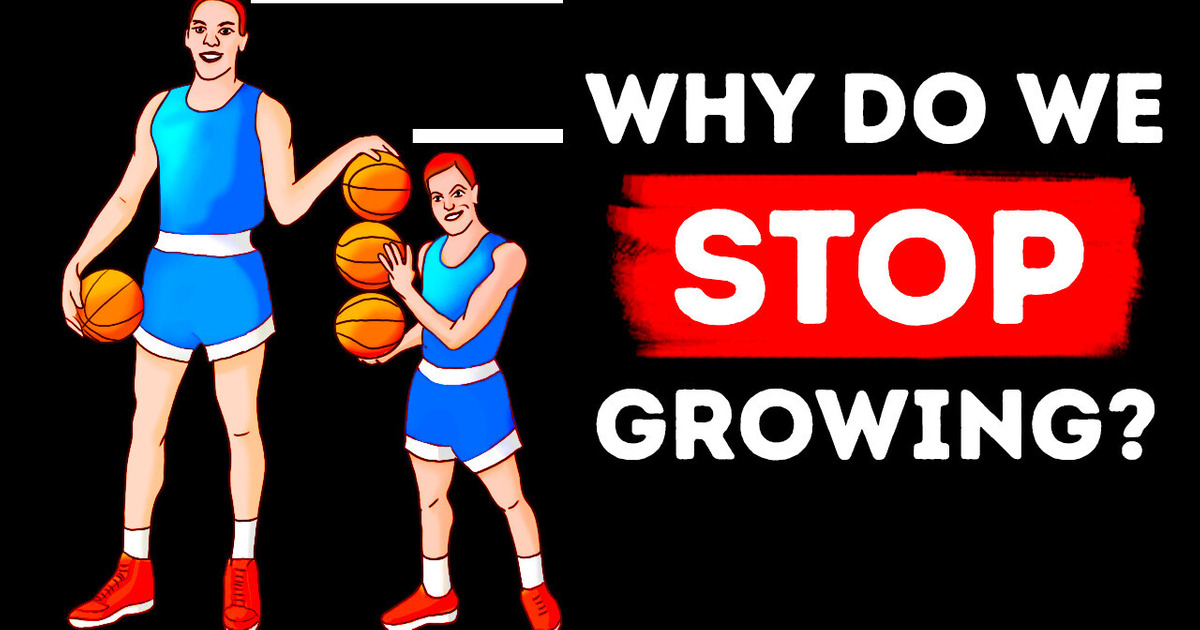
Our genes made of DNA tell a lot about our eye color, nose, face, body shape, and height. We inherit genes from our parents, and they start doing all the work from the moment we’re a single cell, but at some point, they tell our body: “Okay, time to stop growing now.”
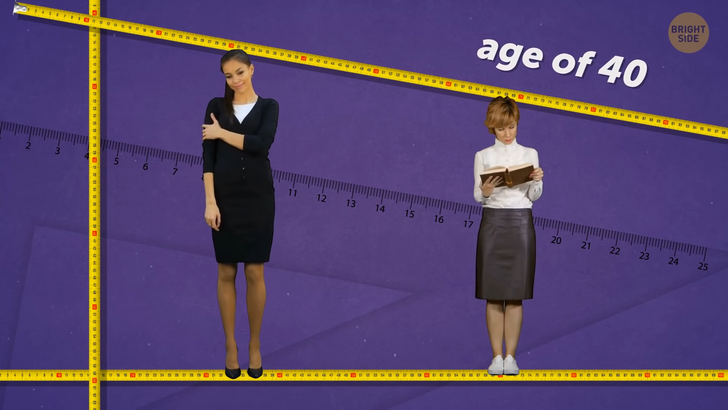
Once we’ve grown enough, our reproductive glands boost the production of the hormone essential for our body called estrogen. Its high concentration in our blood leads to the fusion of the growth plates of our bones.
This process stops long bones from growing further, plus they’re not able to respond to hormones that caused growth in the first place. If our genes wouldn’t send the message to our body, and we’d keep growing taller and taller, our body, primarily our bones, and muscles, would have to go through a lot of stress and health issues.
Our height, just like our weight, changes throughout the day. You’re taller in the morning, but at the end of the day, you’re about half an inch shorter. We’re upright most of the day, so the discs in our spine get compressed. Also, humans start shrinking at the age of 40.
Our spine has discs filled with fluid, and they’re between bones called vertebrae. As we’re getting older, these discs start to lose their fluid, which makes them flatten. That way, the distance between the vertebrae gets smaller, which decreases our height. As we age, our muscles get weaker, which gives us a stooped posture, making us look shorter.
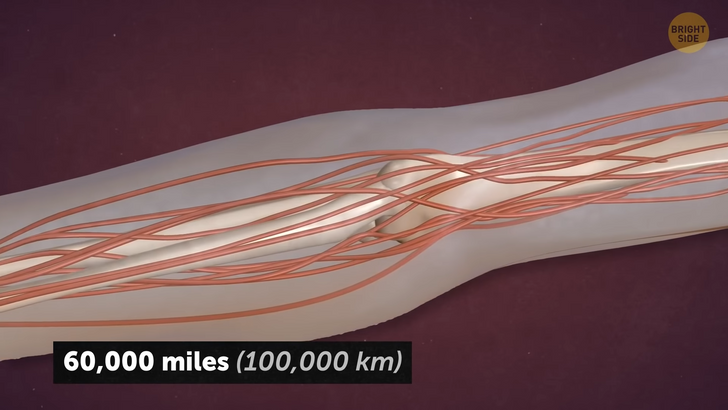
Scientists found out we lose around 75 pounds (35 kg) of our skin during the lifetime.
If you were to lay out your whole circulatory system, you’d have around 60,000 miles (100,000 km) of arteries, veins, and capillaries. That could wrap our planet about 2.5 times! Even though the capillaries are the smallest of them all, they would still make up around 80% of the total length.
The bigger the body is, the slower the heart rate. This rule works across the entire animal kingdom. Adult humans have a rate of around 75 beats per minute, just like adult sheep. A blue whale’s heart is as large as a compact car, and it beats about 5 times per minute. A shrew, this miniature mole-like animal, has a heart that beats 1,000 times per minute. The Etruscan shrew has 25 beats per second heart rate.
Tongue print is unique just like a fingerprint. We all have different patterns on our tongues; not even twins have identical ones. That means we can use our tongue for biometric authentication, just like our fingers. One more cool thing about our tongue: it has 8 interwoven muscles. Their structure is quite similar to an octopus’s tentacle and the ones elephants have in their trunks.
The jawbone is the hardest bone we have in our body.
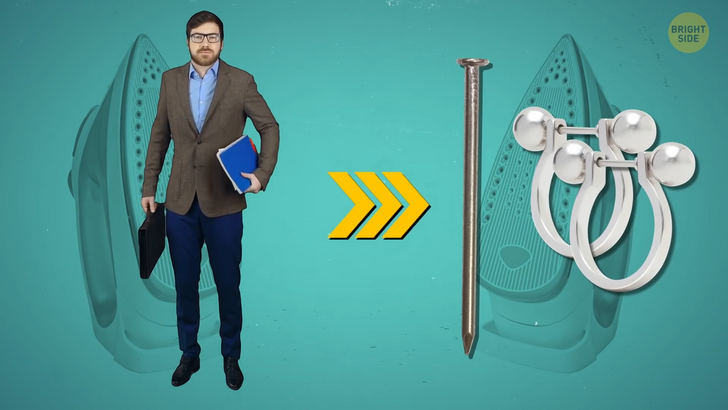
When we’re awake, our brain generates up to 25 W. So, the electricity your brain generates could power up a lightbulb.
If you could collect all the iron from your bodies, you would have enough of it to make a 3-inch nail or some fancy earrings.
Our fingers bend and stretch up to 25 million times in an average lifetime. Also, our hands have pretty sensitive “antennae” that receive information from our surroundings. There are about 17,000 touch receptors and free nerve endings in our palms only! Thanks to them, we pick up sensations of movements, pressure, or vibrations — which is why we associate the sense of touch with our hands, especially with fingertips.
The human body has about 600 muscles in total, but we have none in our fingers. We control their movements thanks to the ones in the forearms and palms. 600 muscles may seem a lot, but some caterpillar species have way more than that — up to 4,000 muscles! Luckily they’re small. Imagine getting into combat with that thing.
The length of your foot is approximately the length of your forearm. Just check it: you can measure it between the inside of your elbow and the wrist.
Air and food go down through the pharynx, so you can’t swallow and breathe at the same time. It’s a sort of smart function our bodies have to prevent you from choking while eating.
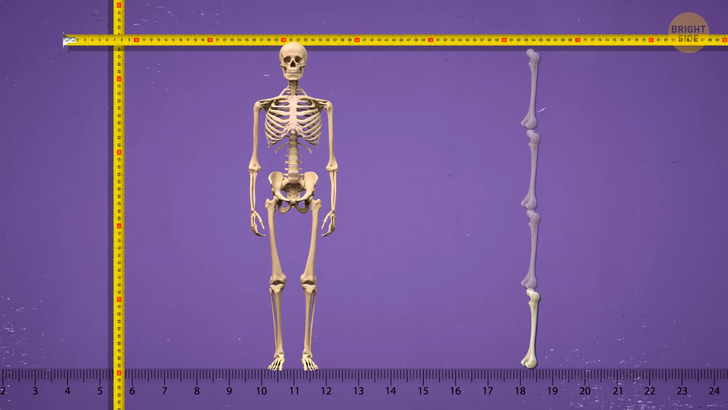
Eyes are incredible, they can even breathe! The cornea doesn’t have blood vessels, so it doesn’t get oxygen in the blood but directly from the air.
Our skin is the fastest-growing organ in our body. It’s also the biggest one, and it makes about 15% of our total body weight.
That satisfying sound you hear when cracking your knuckles is nitrogen gas bubbles bursting in your joints.
The foot is not the biggest part of your body, but it still has about 25% of our bones.
Our biggest muscle and one of the strongest is the one we sit on — the gluteus maximus. Its main job is not to help us sit but to keep our bodies upright.
Our ribs move every time we take a breath, which means more than 5 million times a year.
The femur, better known as the thighbone, is the longest one we have in our body, and it is around a quarter of the total height.
When you sneeze or cough, your body only wants to do one thing — get rid of whatever is stuck in there, bugging you. A cough travels up to 50 mph, while the sneeze goes twice as fast and reaches up to 100 mph.
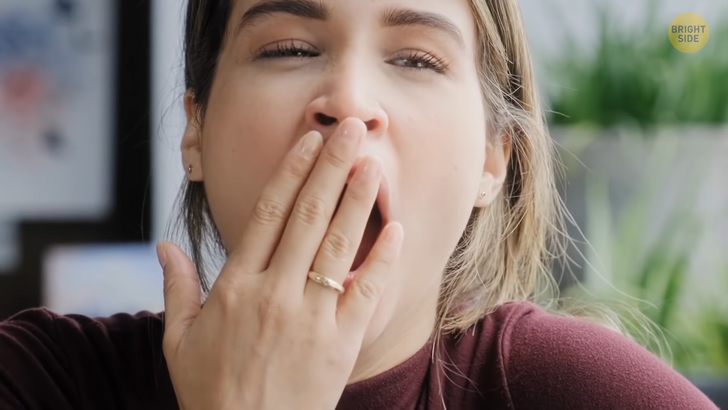
We are the only animals that have chins.
As we breathe, the air mostly goes in and out through one nostril. Every couple of hours, they replace, so the other nostril takes the shift.
Scientists are still not quite sure exactly why we yawn. They believed it’s all about raising oxygen levels in our bloodstream, but some newer research showed it cools us down. When we yawn, that helps us regulate the temperature of the brain. We stretch our mouths wide to yawn, which boosts the rate of blood flow to our skulls. That way, the cool air you breathe in changes your blood flow temperature and brings cooler air to your brain.
We yawn when we’re tired or bored since that’s when we feel sleepy. Our body is warmest when we’re about to fall asleep or when we wake up in the morning. The body temperature goes down as we’re falling asleep, so yawning helps us make the process faster. Our nose can detect around 1 trillion smells.
Our hair grows pretty fast, around 6 inches a year. The only thing we have in our body that grows faster than hair is bone marrow.
Feet are among the most ticklish parts of our body. That’s because we have almost 8,000 nerves in the feet, and quite a lot of them are very close to the skin.
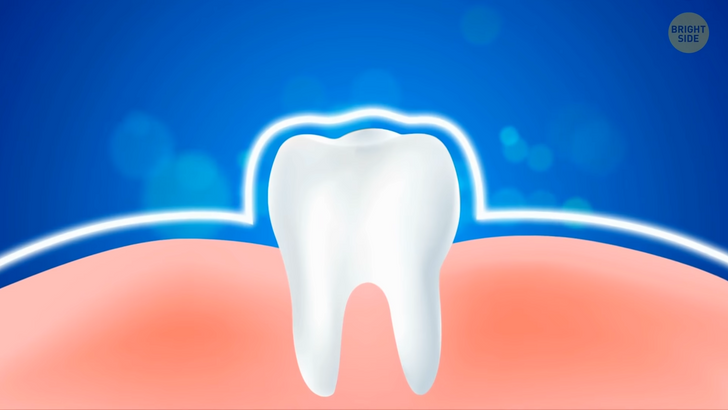
It’s not like we feel itchiness to keep such irritating things as insects at bay. When our skin comes into contact with something that irritates it, a chain of complex reactions sets off and stretches from itch receptors in our skin and goes over our spinal cord to our brain.
Nerve cells then release some special molecules that send our brain a message — “time to scratch”! And scientists think scratching relieves itchiness because it creates some sort of mild discomfort that replaces the frustrating itch.
Many things taste bad after you brush your teeth. Your toothpaste has chemicals that kinda mess with the taste buds and suppress those receptors in charge of recognizing sweet flavors. At the same time, you get a more prominent ability to taste bitter foods.
Speaking of brushing your teeth — don’t go too hard on them. Logic may say the harder you brush, the cleaner they are, but this way you can even damage your teeth and make their enamel wear down. That can make them more sensitive to hot, cold, and even sugary food.
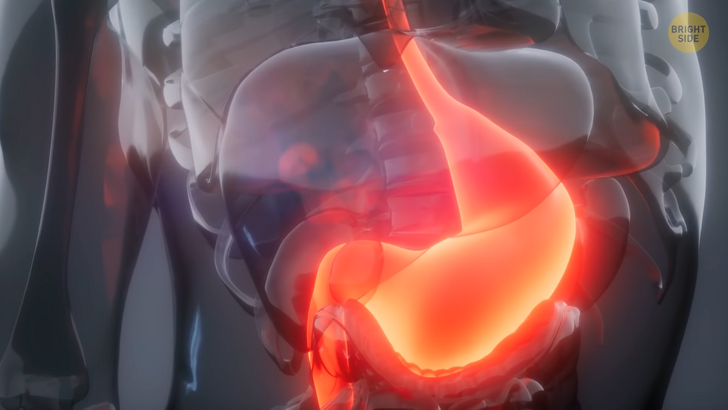
No matter how often you change your clothes or take a shower, bacteria still cover your body. Every inch of your skin has around 32 million bacteria on it, but most of them are harmless.
When you blush, your stomach does it too. It’s because of the adrenaline rush. When we’re embarrassed or nervous, the adrenaline is released, and our heart immediately starts beating faster, while our blood vessels boost blood flow. The stomach lining also gets red from that flow.
On a genetic level, humans are over 99% the same.
Yup, we have a lot more in common than we know since the diversity, which includes height, blood type, eye color, and looks, results from genetic differences in less than 1% of our genetics. It’s because of an allele — the gene versions responsible for the differences we have.



